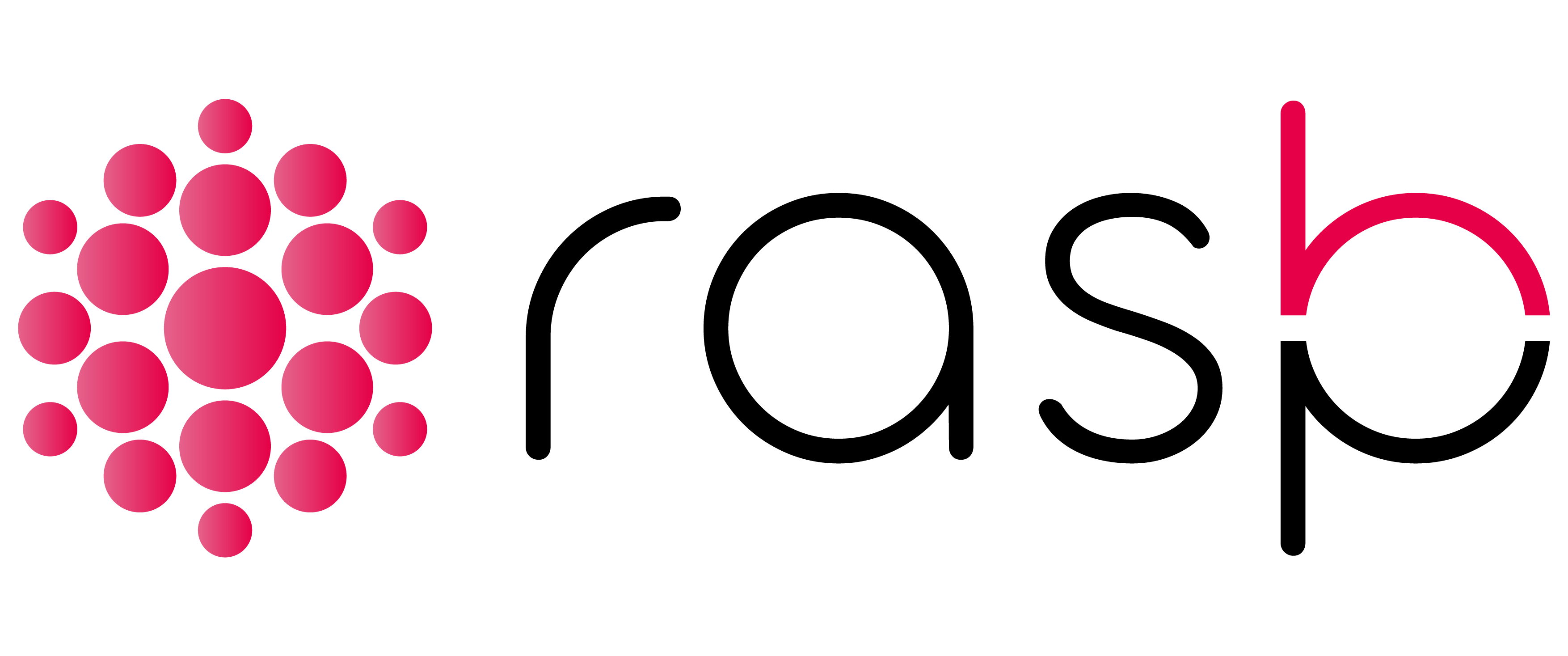Introduction
In the competitive realm of grant funding, particularly within programs like the European Innovation Council’s (EIC) Accelerator, the reliance on consultancy firms that utilize a network of freelance writers is becoming increasingly prevalent. This article explores the dynamics of how consultancies are employing a hive of freelance writers to meet the growing demand for expertly crafted grant applications, especially for startups and Small- and Medium-Sized Enterprises (SMEs) seeking significant funding.
The Consultancy-Freelancer Nexus
Grant consultancy firms have become crucial players in the landscape of funding applications, offering strategic guidance and writing expertise to enhance the chances of success. To meet the diverse and voluminous needs of applicants vying for opportunities like the EIC Accelerator’s total financing of up to €17.5 million, many consultancies have turned to outsourcing their writing tasks. This approach involves building a network of skilled freelance writers who bring a range of expertise and perspectives to the table.
Why Outsourcing Writing is Common
- Diverse Expertise: Freelance writers often specialize in various fields and industries, enabling consultancies to match the specific needs of a project with a writer who has relevant expertise.
- Scalability: The use of freelancers allows consultancies to scale their operations up or down based on the flow of applications, ensuring efficiency and cost-effectiveness.
- Quality and Fresh Perspectives: Freelancers bring fresh eyes and new ideas to each application, enhancing the quality and creativity of the proposals.
- Meeting Tight Deadlines: The flexibility of freelancers is key in meeting tight application deadlines, a common scenario in grant funding processes.
The Challenges of the Hive Model
While the hive model offers numerous benefits, it also presents challenges. Ensuring consistency in writing quality and maintaining a cohesive voice throughout the application can be difficult when multiple writers are involved. Furthermore, managing a network of freelancers requires effective coordination and clear communication to ensure that all aspects of the application align with the funding program’s criteria and objectives.
The Role of Consultancies in Quality Assurance
Consultancies play a pivotal role in quality assurance, overseeing the work of freelance writers to ensure it meets the high standards required for successful applications. This involves thorough editing, alignment with the official proposal template, and strategic refinement to meet evaluative criteria. Consultancies also ensure that the unique vision and voice of the applicant are preserved, even when the writing process is outsourced.
The Importance of Expert Guidance
The complexity of grant applications, especially in prestigious programs like the EIC Accelerator, necessitates expert guidance. Whether it’s understanding the nuances of the funding program or crafting a compelling narrative, the expertise provided by consultancies and their network of freelancers is invaluable. They help transform innovative ideas into fundable proposals, navigating the intricacies of the application process with professionalism and strategic insight.
Conclusion
The trend of consultancies employing a hive of freelance writers to manage the demands of grant applications reflects the evolving landscape of funding acquisition. This model brings together diverse expertise and flexibility, crucial for crafting high-quality applications. As the competition for funding like the EIC Accelerator intensifies, the role of consultancies and their network of talented freelance writers becomes increasingly vital. Their collective effort not only aids startups and SMEs in securing essential funding but also contributes significantly to the advancement of innovation and progress in various sectors.
About
The articles found on Rasph.com reflect the opinions of Rasph or its respective authors and in no way reflect opinions held by the European Commission (EC) or the European Innovation Council (EIC). The provided information aims to share perspectives that are valuable and can potentially inform applicants regarding grant funding schemes such as the EIC Accelerator, EIC Pathfinder, EIC Transition or related programs such as Innovate UK in the United Kingdom or the Small Business Innovation and Research grant (SBIR) in the United States.
The articles can also be a useful resource for other consultancies in the grant space as well as professional grant writers who are hired as freelancers or are part of a Small and Medium-sized Enterprise (SME). The EIC Accelerator is part of Horizon Europe (2021-2027) which has recently replaced the previous framework program Horizon 2020.
This article was written by ChatEIC. ChatEIC is an EIC Accelerator assistant that can advise on the writing of proposals, discuss current trends and create insightful articles on a variety of topics. The articles written by ChatEIC can contain inaccurate or outdated information.
- Contact Us -
EIC Accelerator Articles
All Eligible EIC Accelerator Countries (including the United Kingdom, Switzerland and Ukraine)
Explaining the Resubmission Process for the EIC Accelerator
A Short but Comprehensive Explanation of the EIC Accelerator
The EIC’s One-Stop Shop Funding Framework (Pathfinder, Transition, Accelerator)
Deciding Between EIC Pathfinder, Transition and Accelerator
A Winning Candidate for the EIC Accelerator
The Challenge with EIC Accelerator Open Calls: MedTech Innovations Dominate
Go Fund Yourself: Are EIC Accelerator Equity Investments Necessary? (Presenting Grant+)
Digging Deep: The New DeepTech Focus of the EIC Accelerator and its Funding Bottlenecks
Zombie Innovation: EIC Accelerator Funding for the Living Dead
Smack My Pitch Up: Changing The Evaluation Focus Of The EIC Accelerator
How Deep Is Your Tech? The European Innovation Council Impact Report (EIC Accelerator)
Analyzing A Leaked EIC Accelerator Interview List (Success Rates, Industries, Direct Submissions)
Steering the EIC Accelerator: Lessons Learned from the Pilot Program
Who Should Not Apply To The EIC Accelerator And Why
The Risk of Presenting all Risks in the High-Risk EIC Accelerator Program
How to Prepare an EIC Accelerator Resubmission
How to Prepare a Good EIC Accelerator Application: General Project Advice
How to Craft an EIC Accelerator Rebuttal: Explaining Grant Proposal Resubmissions

